
Basil is a plant that is widely grown in many regions of the world. There are several different species of basil, each one characteristic for a certain part of the world. Basil is widely used for culinary purposes and it also has numerous health benefits.
About basil
Basil, also known by its Latin name Ocimum basilicum, is a plant from the family of mints or Lamiaceae. It is an annual, tender and short plant, which usually grows 20 to 60 centimeters from the ground.
Basil is widely grown in the Mediterranean region and it is one of the main herbs used in the Italian cuisine. It also grows in Northeast and Southeast Asia and is widely used in Thai, Cambodian and Vietnamese cuisines.
There are many varieties, species and hybrids of basil. The one used in Italian cuisine and all over the Mediterranean is called sweet basil, and other varieties include Thai basil, lemon basil and holy basil or tulsi.
Health benefits of basil
Holy basil or tulsi has many uses in traditional Indian medicine. According to that teaching, tulsi is hot or “ushan” and therefore it is used as vatha and kapha suppressant.
Basil is recommended as a remedy for motion sickness and nausea, and because it promotes the production of saliva, it is used as an aid for digestion.
Fresh basil contains folic acid, while dried basil is a good source of potassium, calcium and iron. Dried basil is also used to treat respiratory infections and other problems, as well as nose and throat infections.
Because basil has anti-inflammatory properties, it should be used by people who suffer from arthritis. It contains an oil called eugenol, which inhibits the production of an enzyme called cyclo-oxygenase, responsible for inflammation, swelling and pain.
Basil preparations
There is one concoction made from basil that can be used to treat asthma, bronchitis, cold, cough and pneumonia and it is made from fresh basil leaves, honey and ginger. Basil, cloves and table salt make another good concoction, used in treatment of influenza.
Basil tea can be made from one or two spoons of basil leaves, shredded and boiled in 250 milliliters of water and left to steep for two minutes. This tea is recommended three times a day, after meals, for those who need to treat colics, gastric ulcer, indigestion, cramps, diarrhea, anorexia or urinary infections.
The same tea can be used as a mouthwash in case of sore throat, only with 100 milliliters of water, and without drinking it.
Basil tincture is used to treat insect bites and stings, for wounds, eczema and vaginal infections. It is made from 20 grams of minced basil leaves soaked in 100 milliliters of alcohol. After 15 days the minced leaves are strained and the tincture is ready for use.


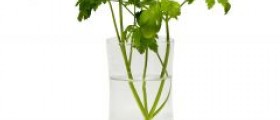
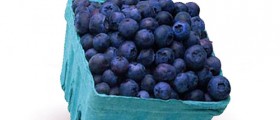
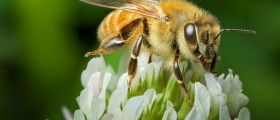
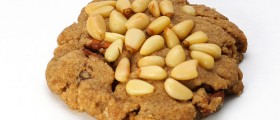
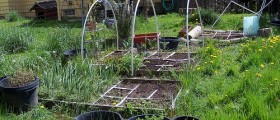

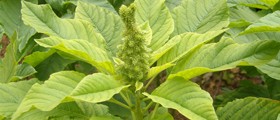
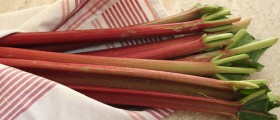

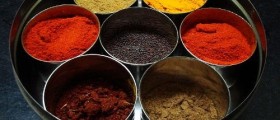
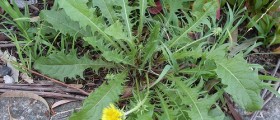

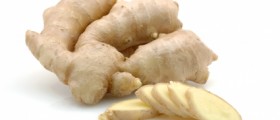
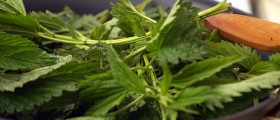

Your thoughts on this
Loading...